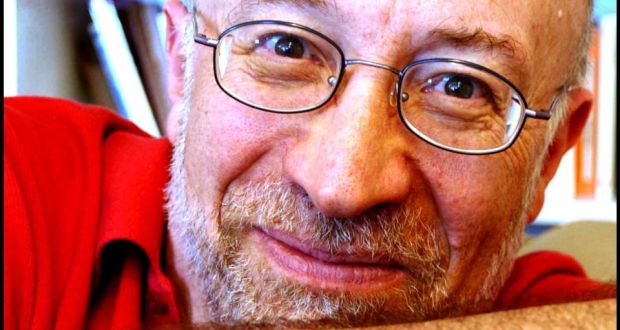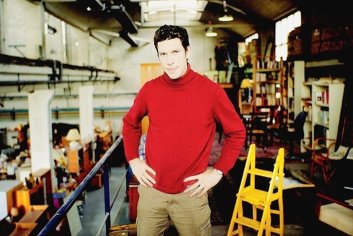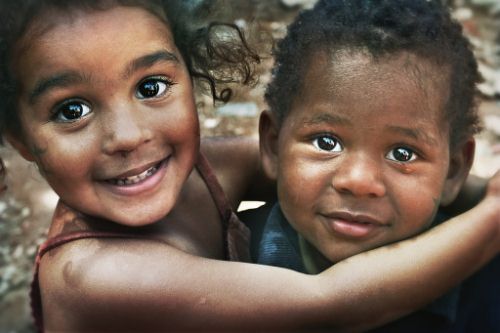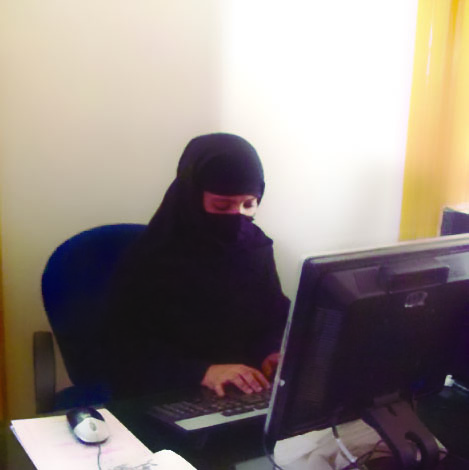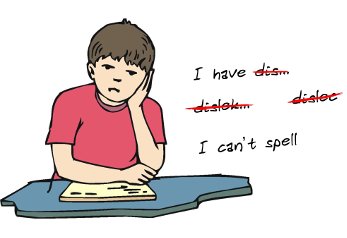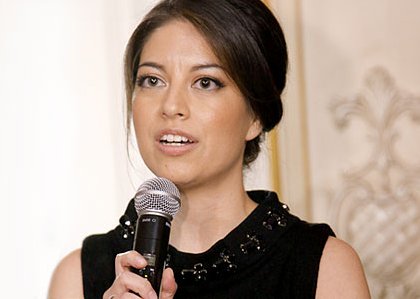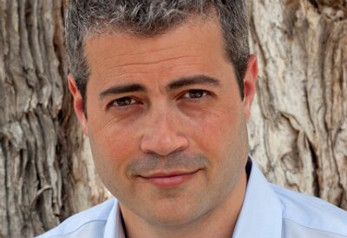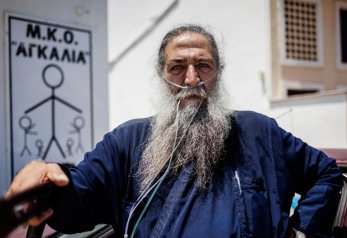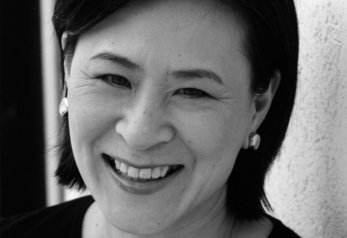United Heartbeat fights for refugees, in order to grant them the right to cultural identity and the right to participate in cultural life. These people have not only lost their homes and socio-cultural environments but have also been denied several human rights within this ‘European refugee crisis’. The Austrian association was founded during the summer of 2015, when the European refugee crisis hit Austria and the main train stations in Vienna were overwhelmed with exhausted and devastated people escaping the wars in their home countries. Eva Barwart-Reichelt, the founder of United Heartbeat felt the need for helping and participating in the local field of humanitarian aid by providing help on a long-term basis and supporting the integration process. Her co-worker Jonathan Irons gets to the heart of this project by stating that integration means encounter, exchange, curiosity and communication – he attributes the same characteristics to music. United Heartbeat’s major focus is on the purchase of instruments for fled musicians, who can as a result be integrated in various ways. Firstly, since many of them do not even have an official migrant or refugee status and are legally not allowed to pursue an activity, they can find a daily task by playing music. Secondly, the interaction with one’s known cultural environment, as well as the fact that one’s own skills are valuable outside one’s home country, can be highly relevant. This is seen as another benefit that is offered by the access to music as a medium for integration into a new society. Thirdly, these musicians are often asked to play at events within their cultural community. Therefore the access to music can also become a source of income, which grants them a practical position in the new society. Through this association, cultural skills can be used in both ways, strengthening one’s cultural identity by practicing already known traditions and at the same time, getting in contact with new customs. On the whole, the access to music and the right to one’s cultural identity are essential – especially in times of frustration, fear and uncertainty. In the interview Barwart-Reichelt explains the importance of music, especially during the period of childhood: ‘Identity, in general, has so many different partial aspects, which form the whole. For instance, when a child is born, the first voice it hears can be seen as its first musical experience. I think this is a very formative experience.’ In view of this, having the possibility to play one’s ‘own cultural’ music can cause positive feelings and it can bring a part of one’s home to the current unknown place. Barwart-Reichelt goes even further and states that music is a part of a personal identity and when this part is missing, a human being is not complete. This perfectly shows the importance of a musical instrument in cases like these. Nonetheless, besides their primary focus, United Heartbeat also plays an intermediary role between musicians and event organisers. ‘[B]ut we are not an agency. When someone calls us in order to employ a musician, we provide him or her the contacts and then they can organise between themselves.’ Even though the original idea was to enable a dialogue between cultures through music, Barwart-Reichelt claims that this does not necessarily mean that music has automatically functioned as a unifying instrument. What role music making plays in one’s life depends on the environment one grew up in and on the family one is born into. However, languages can be expressed through various dialects and it stem from different semantics. This is equally valid for music – it is culturally relative. Since these refugees come from diverse countries such as Iraq, Iran, Afghanistan, Syria and Sierra Leone, the cultural diversity should not be underestimated. With regards to their experiences with music, there is not only a distinction between cultural communities originating from the same country, but also within a community every individual’s perception of music is different. The tension is noticeable also between some communities within the association. ‘They take the co nflict f rom their region with them, but of course, on another level and it does not arise explicitly’, says Eva Barwart-Reichelt. Nonetheless, as mentioned above, music itself is embedded in almost every social interaction: ‘You don’t have to be a musician, every child grows up with the music of its own language and this is very deeply rooted in one’s personality. These experiences and environments from one’s childhood are very formative. Through language, music can occur, or in other words, language is music.’ Based on this idea, one can state that music is not only heard through songs or beats, but it surrounds a human being also through melodies and tonalities in verbal communication. Therefore, the inherent role of culture – in form of language, music or human interaction – can be relevant when it comes to integration into new places and environments. source ibid. ‘Case Study: United Heartbeat.’ In: Soltani, Sara (2017) ‘The power within music. Human Rights in the context of music’, pp. 24-27. 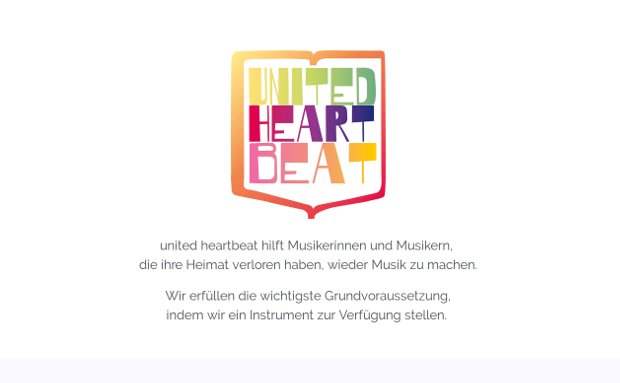 Web site:https://www.unitedheartbeat.at/
Web site:https://www.unitedheartbeat.at/
Heartbeat is music
![]()
STAY IN TOUCH
SUBSCRIBE TO OUR NEWSLETTER
AND RECEIVE OUR LATEST STORIES
OLBIOS NETWORK FOR ACTION

